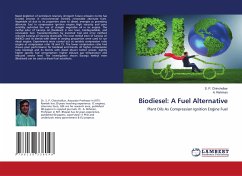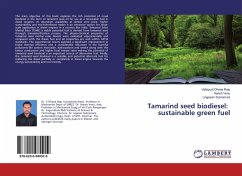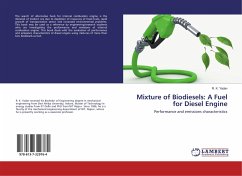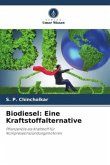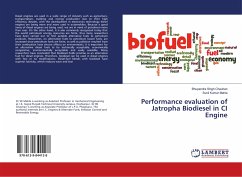Rapid depletion of petroleum reserves, stringent future emission norms has frosted interest in environmental friendly, renewable alternate fuels. Vegetable oil due to its properties close to diesel, emerges as promising alternate fuel in compression ignition engine. High viscosity and poor volatility restricted the use of straight vegetable oil in an engine. The methyl ester of karanja oil (biodiesel) is non toxic, biodegradable, and renewable fuel. Transesterification by invented trial and error method reduced karanja oil viscosity drastically. The neat methyl ester of karanja oil (MEKO) and its blends with diesel in varying proportion were used to run diesel engine. Experiments were carried out at variable compression ratio engine at compression ratio 18 and 15. The lower compression ratio had shown poor performance for biodiesel and blends. At higher compression ratio biodiesel and its blends with diesel shown better power, slightly higher specific fuel consumption; higher exhaust gas temperature and reduced smoke level. The investigation shows karanja methyl ester (Biodiesel) can be used as diesel fuel substitute.

